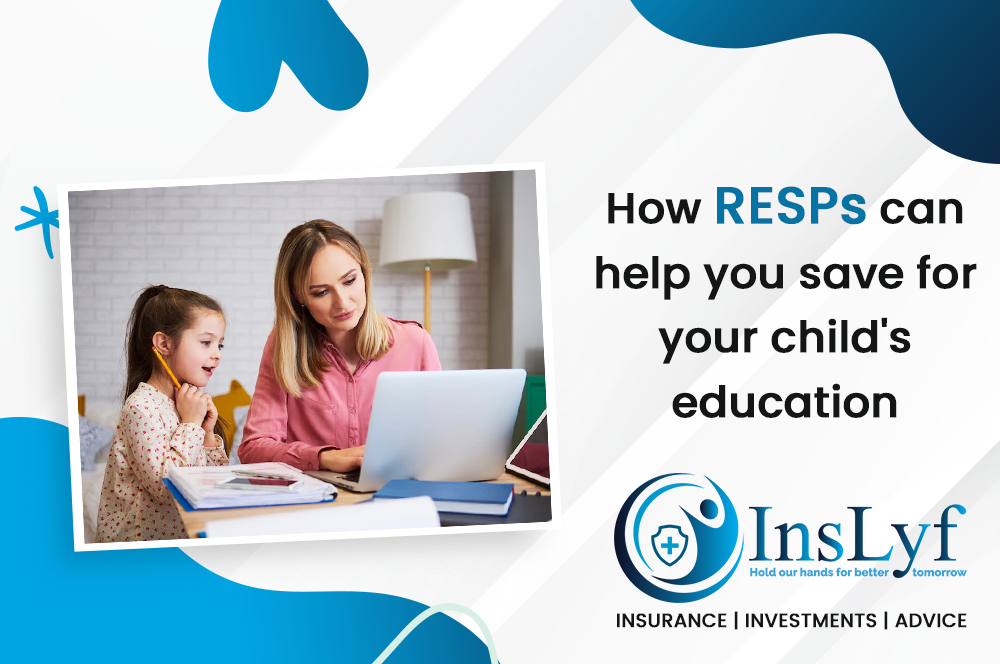How RESPs can help you save for your child’s education
August 25, 2022

The steadily growing costs of education in the country mean that many young Canadians who would be graduating in the coming years would be knee-deep in student debt. As a parent, you would not want that, and you would also want your children to get enrolled in some of the best colleges or universities in the country. That is where RESPs come into play. You can consider it as a form of saving vehicle where the funds you invest would be used for paying for your child’s higher education. But that’s not the best part. You should know that if you open an RESP or Registered Education Savings Plan, the Canadian government will also play a part in your child’s future. In this blog, we will highlight how RESPs can help you save for your child’s higher education and how you can make the most of its tax advantages, read on to find out.
How do RESPs work?
As a federal government-sponsored savings plan, the goal of RESP is to encourage savings for higher education for children and reduce or negate the burden of student loans. As a parent or the guardian of the beneficiary who opens the account, you will be making monthly contributions towards the account. You should know that this contribution is completed tax-free, and you will not have to disclose it. However, the maximum contribution that you may get for this savings vehicle is $50,000, and that includes the Canada Education Savings Grant amount.
Yes, you read that right. For every contribution that you make, the government will match 20% of it, and this amount will be designated to be spent on your child’s education. The lifetime amount for this part is $7,200.
Coming to who can be the contributors-anyone who is related to the beneficiary can contribute towards RESP. Parents, grandparents, family members- anyone, and for specific plans, even members who are not a part of the family can contribute as well.
A couple of things that you should know about a RESP
The funds that you invest grow tax-free as long as they stay within the plan.
You can contribute whenever you can; there are monthly and annual plans available as well.
There is a wide range of investment options available for RESPs, for example, mutual funds, GICS, and stocks- to name a few. You will have an ample number of options to decide how you want to decide your money.
The account can stay open for up to 36 years, and this can extend up to 40 years if the beneficiary is eligible for the disability tax credit.
We hope you now have a clear understanding of how RESP can help you save for your child’s higher education. Hire us as an investment broker if you want to know more. You can ask us about RESP insurance policies as well. We will be more than happy to share all the detail. Contact us today. Also, if you want to read more interesting topics like this, keep an eye on this space.
